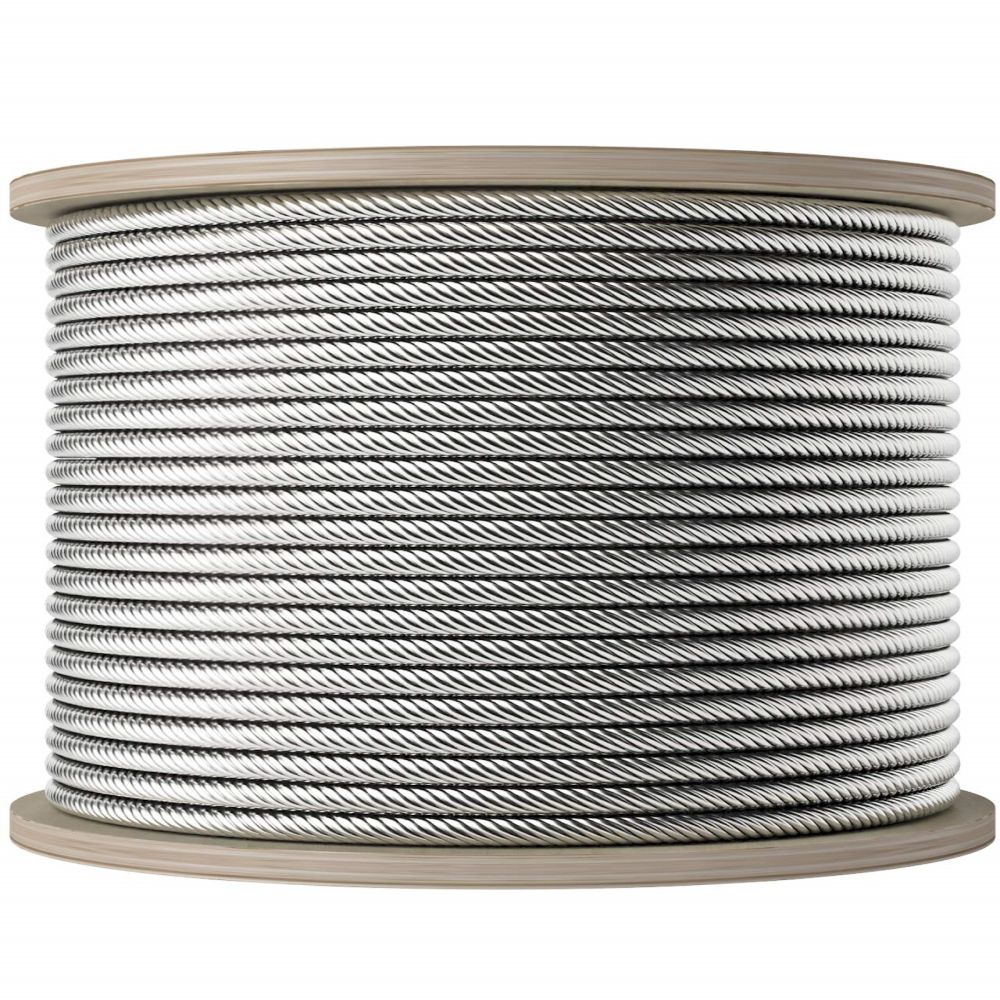
Stainless wire ropes are vital for their strength and corrosion resistance. Blogs offer insights for professionals and DIY enthusiasts on their uses and benefits. Here’s what you can typically expect to find in these blogs:
First, understand the environment where the rope will be used:
Outdoor Use: Requires UV resistance and durability against weather conditions.
Chemical Exposure: Needs a thicker PVC coating for chemical resistance.
Marine Settings: Requires high corrosion resistance for saltwater and humidity.
Match the rope’s strength to the load it will carry:
Heavy Loads: Choose high tensile strength ropes for lifting and hoisting.
Light Loads: A lower tensile strength rope can be used for securing equipment or providing support.
The level of corrosion resistance depends on the environment:
High Corrosion Resistance: Opt for ropes with thicker PVC coatings for corrosive environments.
Moderate Corrosion Resistance: Standard PVC coatings may suffice for less harsh conditions.
Consider the specific application of the rope:
Construction: Needs high durability and corrosion resistance.
Lifting Equipment: Requires reduced friction coatings for efficiency and minimal wear.
While high-quality ropes may have a higher upfront cost, they are often more cost-effective in the long run due to their durability and lower maintenance needs.
Choosing the right PVC coated steel wire rope involves evaluating the environment, load requirements, corrosion resistance, application specifics, and cost. By considering these factors, you can select a rope that ensures durability and performance, contributing to the success of your project.
Stainless wire ropes are vital for their strength and corrosion resistance. Blogs offer insights for professionals and DIY enthusiasts on their uses and benefits. Here’s what you can typically expect to find in these blogs: